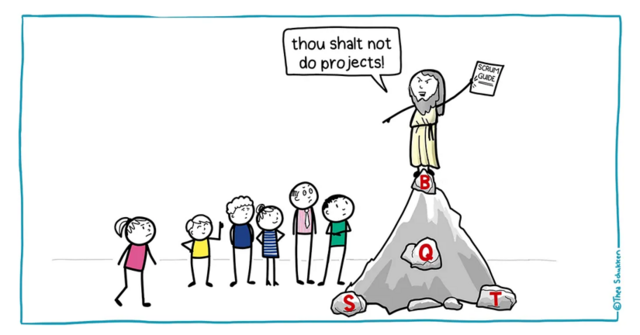In a recent paper, Scheduling Challenges in Agile & Distributed Projects, we developed a classification framework of project characteristics to help define the potential usefulness of CPM scheduling:
1. Physically constrained
2. Practically constrained
3. Overarching constraints
4. Arbitrary constraints
Building on from this starting point, in the paper we identified two general types of project in Class 3, ‘soft projects’, typically managed using Agile methods and ‘distributed projects’ where the work consisted of a set of deliverables dispersed over an area with no (or limited) real constraint on the order the work is accomplished. Agile and Lean offer methods for optimising the work on Class 3 projects, but when you are applying adaptive work processes assessing status is a challenge.
The solution to assessing status and predicting the current expected completion date for Class 3 projects is Work Performance Management (WPM). This offers a simple, robust tool for assessing status and calculating the expected completion regardless of the actual sequence work is being performed. Calculations are based on the quantity of work produced, compared to the quantity planned to be produced.
For more on WPM see: https://mosaicprojects.com.au/PMKI-SCH-041.php#WPM







Replies